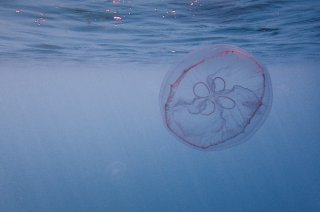
category_news
Entry into force of BBNJ-Treaty in 2026, Dutch legislation in the making
Since 19 September 2025, the BBNJ (Biodiversity Beyond National Jurisdiction) Treaty, also known as the Treaty of the High Seas, has been ratified by sixty countries. This means that the required threshold has been reached, and that the Treaty will enter into force on 17 January 2026, 120 days later. Adopted under the framework of the UN Convention on the Law of the Sea (UNCLOS), the BBNJ Treaty aims to conserve and sustainably use marine biodiversity in international waters. In terms of geographic scope (this page explains the different maritime zones), the BBNJ Treaty applies to: a) all parts of the sea that are not included in the exclusive economic zone (EEZ), the territorial sea or in the internal waters of a State, or in the archipelagic waters of an archipelagic State (“the high seas”), and b) the seabed and ocean floor and subsoil thereof, beyond the limits of national jurisdiction (“the Area”). There is growing scientific and commercial interest in the unexplored genetic diversity in international waters.
One of the key themes of the BBNJ Treaty is the fair and equitable sharing of benefits arising from the use marine genetic resources (MGR) and associated digital sequence information (DSI). An earlier article on this website (‘ABS and marine biodiversity beyond national jurisdiction’, 05-09-2023) already addressed several aspects of this, including the scope of the BBNJ Treaty, the rules for sharing monetary and non-monetary benefits, and the obligation to notify activities through an international Clearing-House.
The Netherlands has signed the BBNJ Treaty but did not yet ratify it. In July 2025, the Parliament was informed of the legislative process, which is being coordinated by the Ministry of Infrastructure and Water Management, together with the Ministry of Agriculture, Fisheries, Food Security and Nature, and Ministry of Foreign Affairs. The government aims to establish an effective, transparent, and practical implementation act, which may carry implications for researchers who make use of marine genetic resources. The ABS Focal Point will keep stakeholders up to date regarding the regulation.